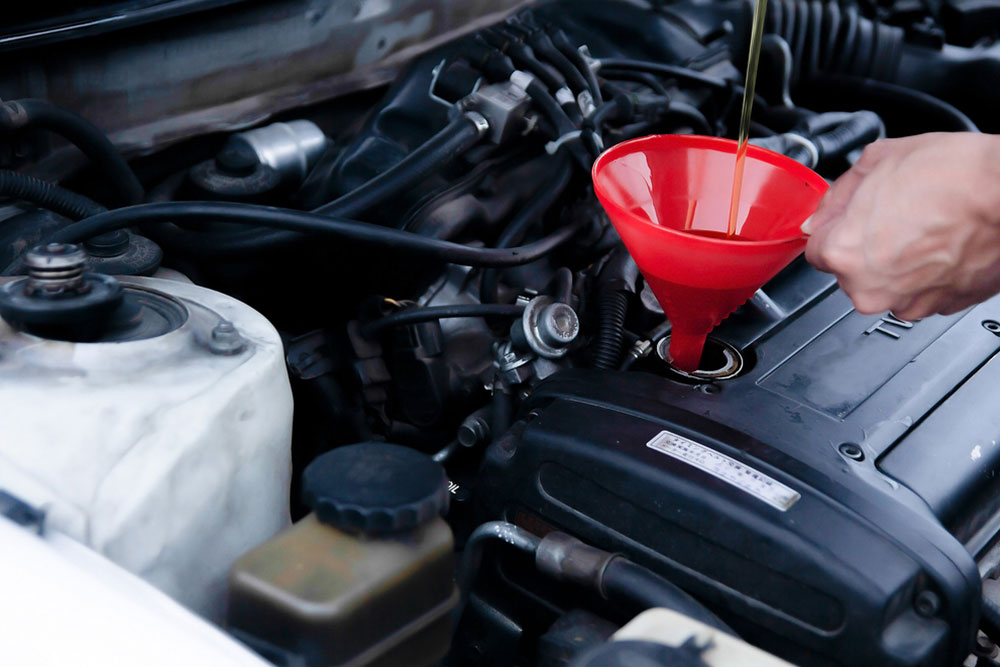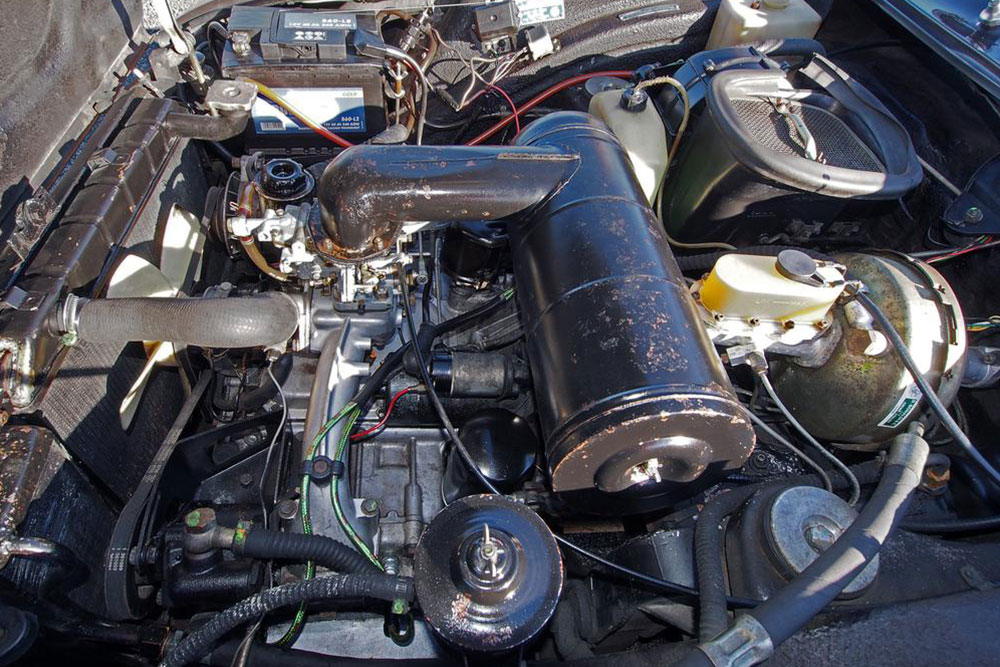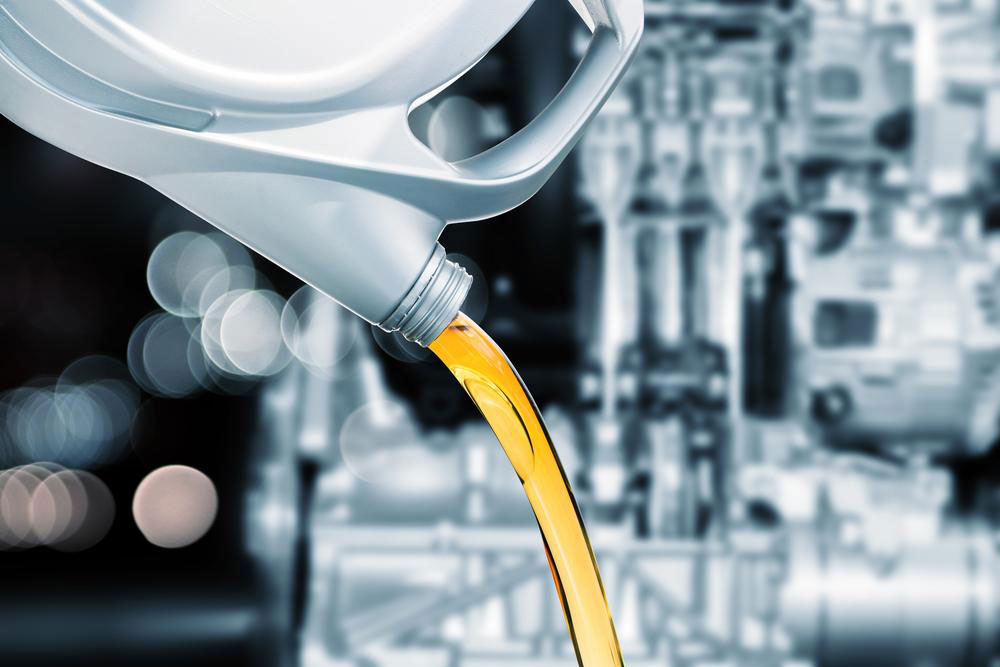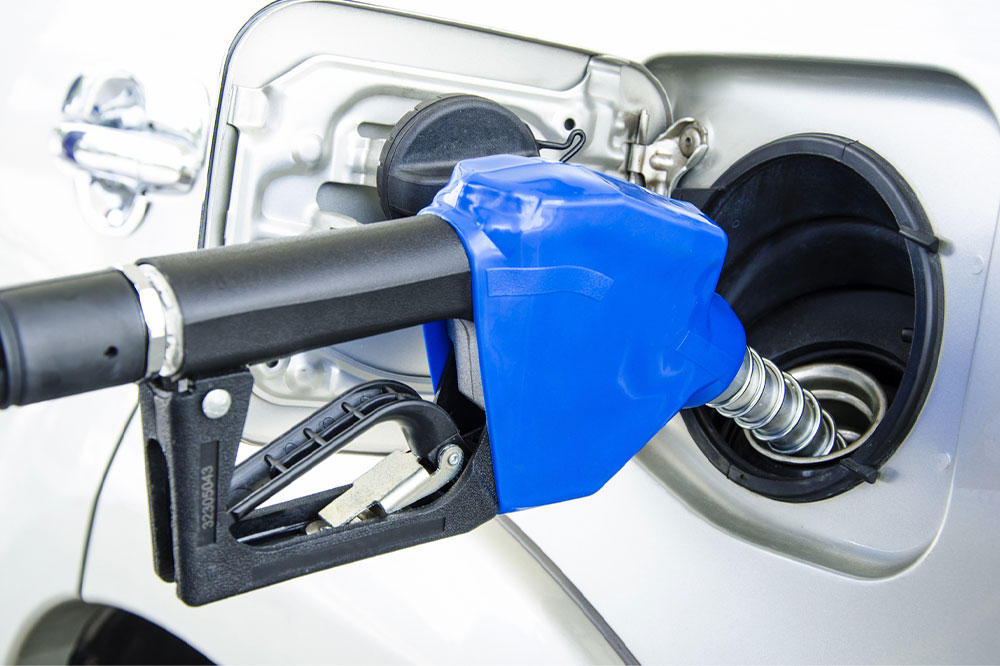Comprehensive Guide to Vehicle Lubricants: FAQs, Tips, and Maintenance Strategies
This comprehensive guide covers frequent questions about vehicle lubricants, including the importance of regular oil changes, understanding oil labels, and deciding on chemical flushes and synthetic oils. Learn expert tips to keep your vehicle running smoothly, prevent costly repairs, and extend engine lifespan. Affordable maintenance options like coupons for oil changes are also discussed to help you save money while keeping your engine in top condition.

Comprehensive Guide to Vehicle Lubricants: FAQs, Tips, and Maintenance Strategies
Maintaining your vehicle's engine health is crucial for ensuring optimal performance, longevity, and safety. One of the fundamental aspects of vehicle upkeep is proper lubrication, which involves regular oil changes and selecting the right type of engine oil. Proper lubrication not only keeps your engine running smoothly but also prevents costly repairs down the line. Understanding the nuances of vehicle lubricants, including when to change the oil, how to interpret oil labels, and whether certain treatments like chemical flushes are necessary, can significantly impact your vehicle’s performance and durability.
In this detailed guide, we will answer common questions about vehicle lubricants, explore tips for maintaining your engine, and highlight affordable options like using coupons for oil change discounts. Whether you own an older vehicle or a new model, having comprehensive knowledge about engine oils can make your maintenance routine more effective and economical. Let's delve into the most frequently asked questions and expert insights to help you keep your vehicle in prime condition.
Why are scheduled oil changes essential, especially for aging vehicles?
Regular oil replacements are vital because they remove dirt, metal shavings, and other contaminants that accumulate over time. As engines run, they generate debris and wear particles, which can impair performance if not removed. Fresh oil acts as a lubricant, cooling agent, and rust inhibitor, ensuring that engine parts slide smoothly against each other. For older cars, timely oil changes are even more crucial, as neglected lubrication can lead to increased fuel consumption, overheating, decreased power, and ultimately, engine failure.
Driving a car without regular oil changes significantly shortens its lifespan. Old or contaminated oil loses its viscosity and protective qualities, leading to increased friction and wear. Therefore, sticking to recommended oil change intervals, which are typically every 3,000 to 5,000 miles or as specified by the manufacturer, can save you from costly repairs and improve your vehicle's overall efficiency. Additionally, using coupons like Jiffy Lube oil change discounts can make these routine services more affordable, ensuring you adhere to proper maintenance schedules.
Maintaining fresh oil in your vehicle promotes cleaner engine operation, enhances fuel economy, and prevents breakdowns. Regular oil changes are a key component of preventive maintenance, helping you avoid emergency repairs and extend your car’s lifespan.
Deciphering Motor Oil Labels: What Do the Numbers Mean?
Understanding oil labels is essential for choosing the right oil for your vehicle. Most motor oils display two sets of numbers, such as 5W-30 or 10W-40. The first number, followed by a W (which stands for winter), indicates the oil's viscosity at low temperatures. A lower number (like 5W) means the oil remains more fluid during cold starts, facilitating easier engine startup. The second number signifies the oil's viscosity at high temperatures, reflecting its ability to maintain a protective film during engine operation when the engine is hot. Selecting a motor oil within your vehicle manufacturer’s recommended viscosity range ensures optimal lubrication, engine efficiency, and durability.
For example, if your vehicle specifies "5W-30," using an oil with the same or a compatible viscosity rating is advisable. Using oils with too low or too high viscosity can lead to poor lubrication, increased wear, or reduced fuel economy. Always refer to your vehicle’s owner manual for guidance on the ideal oil viscosity and type.
In regions with extreme temperature variations, choosing the correct oil viscosity becomes even more critical. Synthetic oils often perform better across broader temperature ranges and are recommended for high-performance engines. Consulting with a professional mechanic or a trusted automotive technician can help you make an informed choice, ensuring your engine stays protected under various driving conditions.
Are chemical flushes necessary for my vehicle?
Chemical flushes are specific treatments intended to clean out sludge, carbon deposits, and oxidation from engine and cooling system components like radiators and transmissions. These flushes help restore system efficiency and improve cooling performance. While not a routine requirement, they can be beneficial for vehicles with high mileage, accumulated deposits, or signs of sluggish operation. Consulting your mechanic for a professional assessment can determine whether a chemical flush is advisable for your particular vehicle.
Chemical flushes can prevent future issues by maintaining clean internal passages and preventing buildup that could impair component function. However, they should be performed carefully, following manufacturer specifications, to avoid damage to seals or other sensitive parts. Proper maintenance of cooling systems and periodic oil changes often reduce the need for chemical treatments, but in certain situations, they can provide valuable benefits.
What does milky brown engine oil indicate?
The appearance of milky or chocolate-colored oil is a warning sign of coolant contamination, which often results from a blown head gasket, cracked engine block, or a faulty transmission cooler. This contamination can cause severe engine damage if not addressed promptly. If you notice this discoloration, it’s crucial to stop driving and have your vehicle inspected by a qualified mechanic immediately. Ignoring this symptom can lead to serious engine damage, expensive repairs, and compromised safety.
Driving with contaminated oil reduces lubrication effectiveness and can cause overheating, corrosion, and engine failure over time. Regular oil analysis and inspections help detect issues early. Using quality oils, maintaining cooling systems, and addressing leaks promptly are essential practices for preventing coolant leaks into the engine oil.
What is synthetic motor oil, and should I use it?
Synthetic motor oil is a specially formulated lubricant that provides superior flame resistance, temperature stability, and engine protection than conventional mineral oils. It is designed to perform well under extreme conditions such as intense heat, cold starts, and high-performance driving. Although synthetic oils tend to be more expensive, they offer significant benefits, including improved fuel efficiency, extended intervals between oil changes, reduced engine wear, and enhanced overall engine cleanliness.
For turbocharged engines, high-performance vehicles, or cars operating in harsh climates, synthetic oils are highly recommended. They help maintain stable viscosity across temperature ranges and protect sensitive engine parts from wear and corrosion. Many vehicle manufacturers now specify synthetic oils for new models, recognizing their advantages in maintaining engine integrity over the long term.
Before switching to synthetic oil, consult your vehicle’s owner manual or a trusted mechanic to ensure compatibility. Proper use of synthetic oil can lead to smoother operation, longer-lasting engines, and lower maintenance costs over your vehicle’s lifespan.





